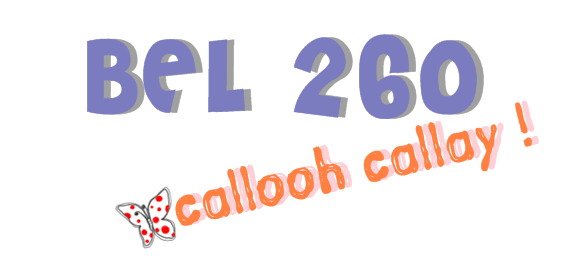Thursday, 16th February 2012
Today, there have another two presentation. First presentation is about simple past tense by Iffah’s group and second presentation is about past continuous tense by Jihan’s group.
Simple past tense is sometimes called the preterit tense. We can use several tenses to talk about the past, but the simple past tense is the one we use most often.
Simple past tense used when:
§ Happen at a specific time in the past.
Eg: Last year I took my exams
§ to described events that happened over a period of the time in the past but not now.
Eg: I lived in Asia for two years
§ to talk about habitual or repeated actions that took place in the past.
Eg: When I was a child we always went to the seaside on bank holidays.
For information, click here:
Past continuous tense is used to show an action that lasted for some time in the past. The actions can be interrupted by something or can be happening at the same time.
Past continuous used when:
v
For actions that were in progress at some time in the past
Eg: Last week, Sheila was trying on her wedding gown
v For an action that was going on when a second one took place.
Eg: They were watching TV when the lights went out.
v To show two actions happening simultaneously in the past
Eg: Mrs Branson was baking a cake while her daughter was chatting on the phone
v
As a past equivalent of the present continuous tense
(Direct speech) Candice said, “I am working in China”
(Indirect speech) Candice said that she was working in China.
v
To use in timid or polite questions
Eg: I was wondering if you could open the window
v
To use in irritation
Eg: She was always coming late for dinner!
v
Actions which began before something else happened
Eg: We were having dinner when the phone rang.
More information are available here:



.jpg)




.jpg)








